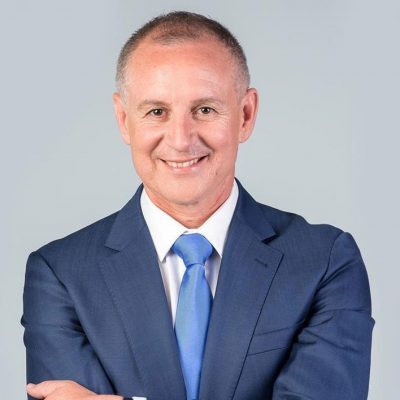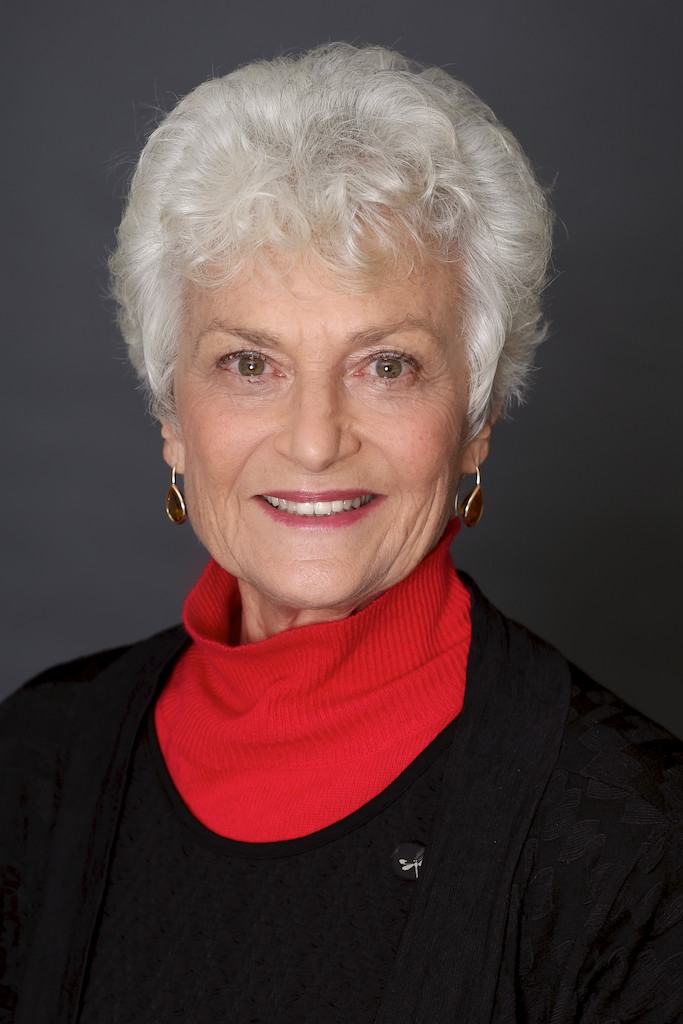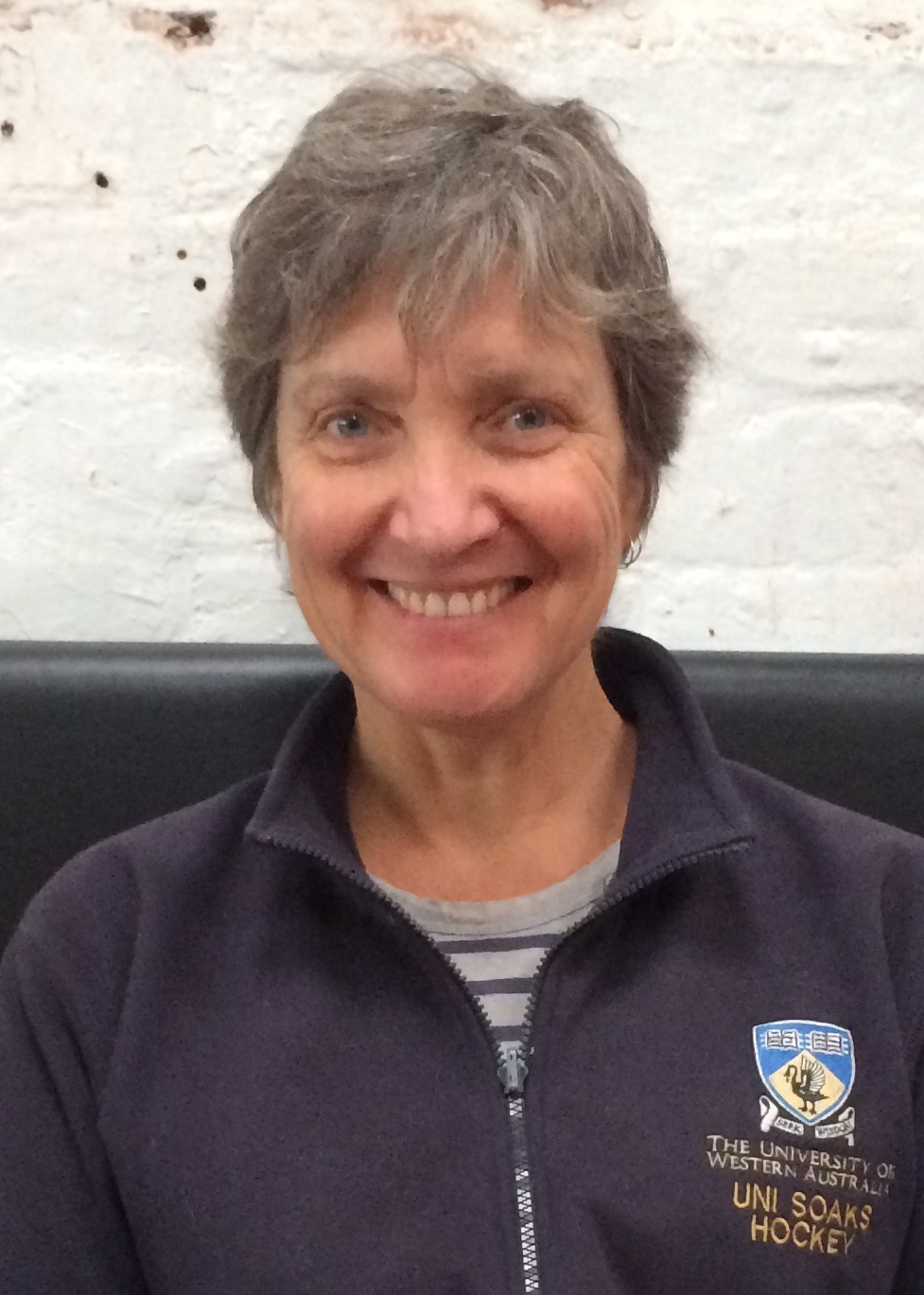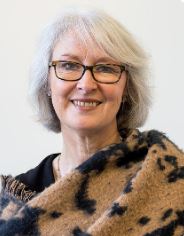
Access to quality early learning experiences results in a number of positive benefits for children’s social, emotional, and academic skills as they start to move through our education systems. It’s crucial for children experiencing learning difficulties to be identified as early as possible so they can be provided with the additional support and interventions needed to thrive.
For children to receive timely support, a collaborative and value-based relationship between our health and education systems is needed.
To hear from Australian of the Year (2004), national living treasure and epidemiologist Professor Fiona Stanley, as well as experts from SPELD Victoria and Telethon Kids, on childhood brain development, learning difficulties and the need for early identification and intervention in early childhood.
You’ll have the chance to ask questions and be part of the discussion!
This event is part of the Thrive by Five campaign working to make our early learning childcare system high quality and universally accessible.
CPD certificates are available for relevant health and education professionals who complete a brief learning summary evaluation after the event.
Introduction by Jay Weatherill (CEO, Thrive by Five)
Panel Chair: Dr Simone Gindidis PhD (Clinical Lead, TALi Health)
Speaker: Fiona Stanley AC
Speaker: Rosemary Cahill (Chief Investigator, Early Years Initiative, Telethon Kids)
Speaker: Claire Stonier-Kipen (CEO, SPELD Victoria)

Dr Simone Gindidis is a psychologist and the Clinical Lead at TALi Health, a software company producing evidence-based, digital intervention tools to address neurological conditions in early childhood. Alongside a team of scientists, developers, software and game designers, she promotes ethical and quality healthcare solutions that are developmentally sensitive and engaging. A former computer technician, she is passionate about integrating technology with psychological assessments and therapy.
Simone’s PhD research evaluated the clinical use of smartphone apps in adolescent therapy from the perspectives of clinicians and clients. Her research interests include apps, MHealth, ethics, digital and professional competency development. A sessional lecturer at Monash University, she currently sits on The Educational and Developmental Psychologist Editorial Board within the Social Media Communications portfolio and is an appointed member on the APS College of Educational and Developmental Psychologists National Committee. She has experience supporting educators, children, and families across primary, secondary, and community languages schools, as well as in private practice.

Before becoming Premier of South Australia, Jay was Minister for Early Childhood Development and was inspired by the work of the late Fraser Mustard – a world-renowned researcher in early childhood development – Carla Rinaldi of Reggio Children, and many others.
As Premier of South Australia, he supported the development of more than 100 centres for early childhood development and parenting across the state. These centres are designed to provide integrated services, and support highly qualified practitioners seeking to connect families with the latest, evidence-based understanding of early childhood development.
Seeing the slow pace of reform in this sector since he left Parliament, he became impatient. He is now the CEO of Thrive by Five, the campaign to make our early learning childcare system high quality and universally accessible.

Trained in maternal and child health, epidemiology and public health, Professor Stanley has spent her career researching the causes of major childhood illnesses such as birth defects.
Her major contribution has been to establish the Telethon Kids Institute, a multidisciplinary research institute focusing on the causes and prevention of major problems affecting children and youth, and to establish the Australian Research Alliance for Children and Youth, a national organisation of researchers, policy makers and practitioners.
For Stanley’s research on behalf of Australia’s children and Aboriginal social justice, she was named Australian of the Year in 2003 and UNICEF Australia Ambassador for Early Childhood Development in 2006.
As a former Director of ANDI (Australian National Development Index), she worked alongside a group of researchers led from the University of Melbourne where they undertake transdisciplinary research that explores factors that both contribute to and detract from the wellbeing of individuals, communities, and society at large from a variety of perspectives. This project is attempting to go beyond GDP as the singular measure of the progress of societies and seeks measures of sustainable and equitable wellbeing.

Dr Rosemary Cahill works for Telethon Kids Institute as Chief Investigator on an evaluation of the Early Years Initiative – a landmark ten-year partnership between the WA State Government and the Minderoo Foundation.
Previously, she was the Director of Early Childhood Education, Literacy and Numeracy within WA’s Department of Education. Rosemary has taught, shaped policy and led system-level projects for the WA public school system since the 1980s, most recently: implementation of the Universal Access National Partnership; the National Quality Standard in WA schools; Child and Parent Centres; KindiLink; and the AEDC.
Rosemary recognises her experience of growing up in Western Australia’s wheatbelt, motherhood, living overseas, study and the generosity of colleagues as factors contributing to who she is and what she thinks.

Claire joined the team at SPELD Victoria in September 2016. She has a background in the arts as a professional arts practitioner, senior manager and executive in the arts and cultural sectors; State and Local Government; with experience in strategy, policy, shaping creative programs or solutions that build public value; resolve or improve business issues; and manage change to implement new ideas. Claire has a BA, MBA and is a Graduate of the Australian Institute of Company Directors. She also has a past personal connection to SPELD Victoria, having lived the parent journey.
I have read and agreed to the terms of the Privacy Policy, the Collection Statement and the website Terms and Conditions.